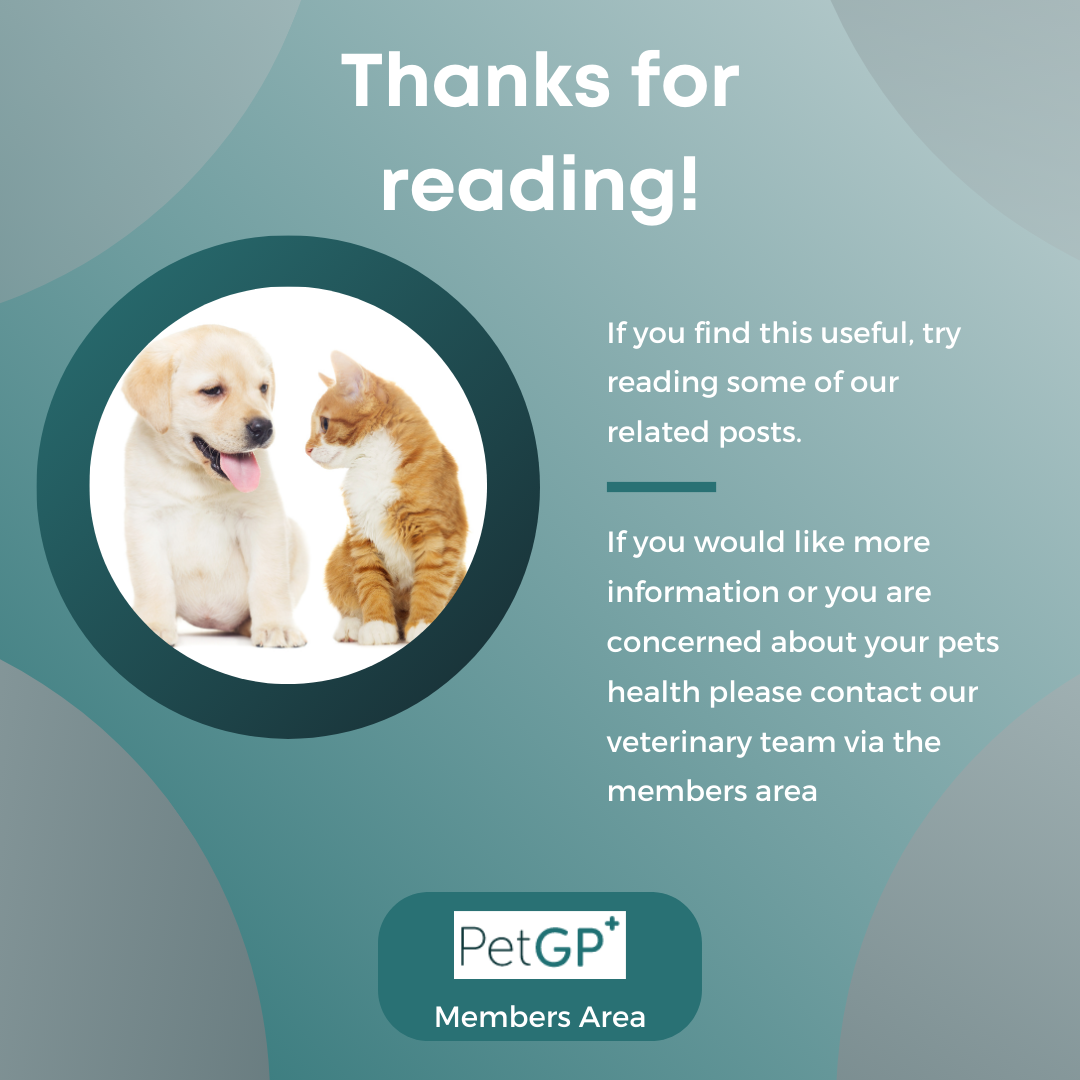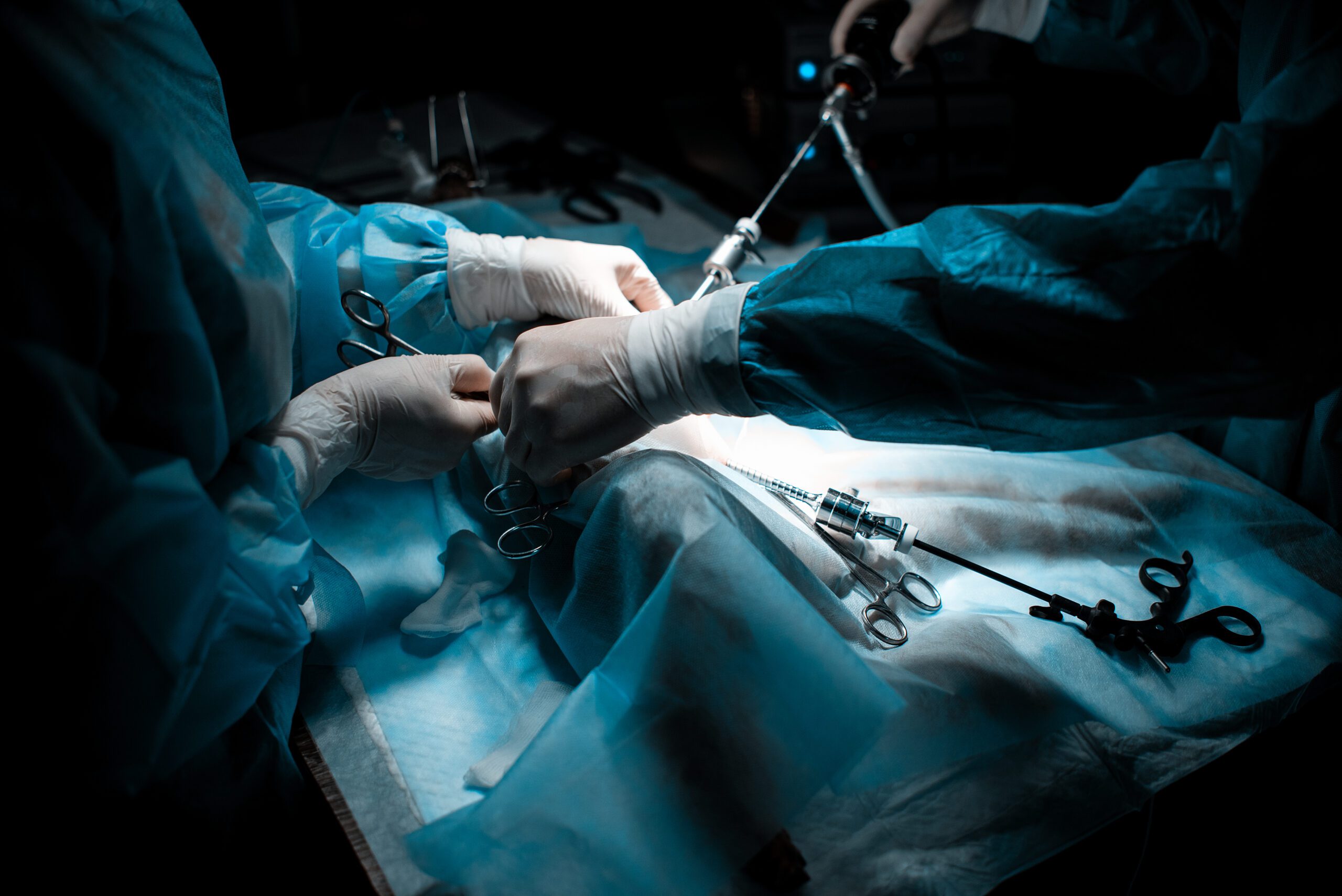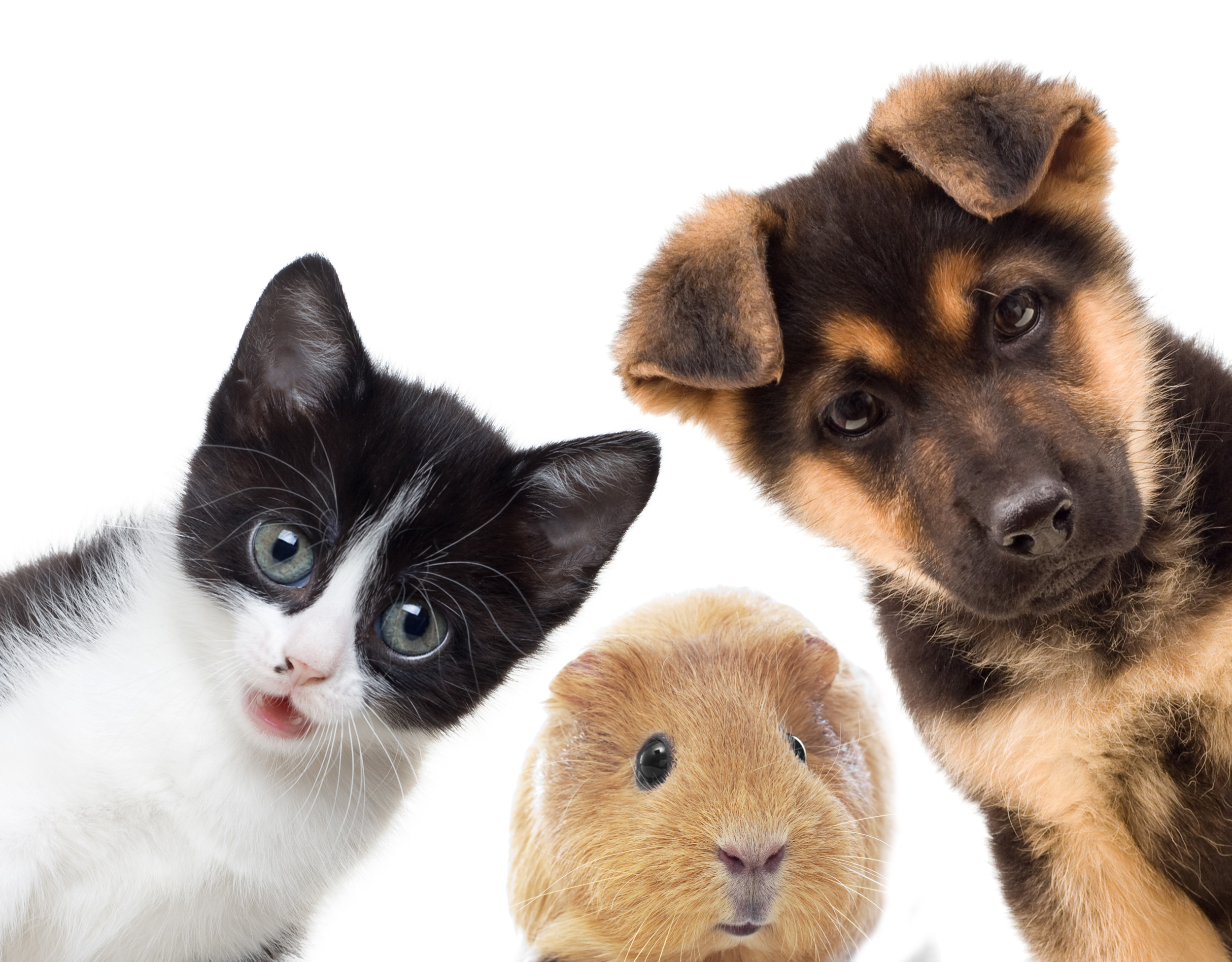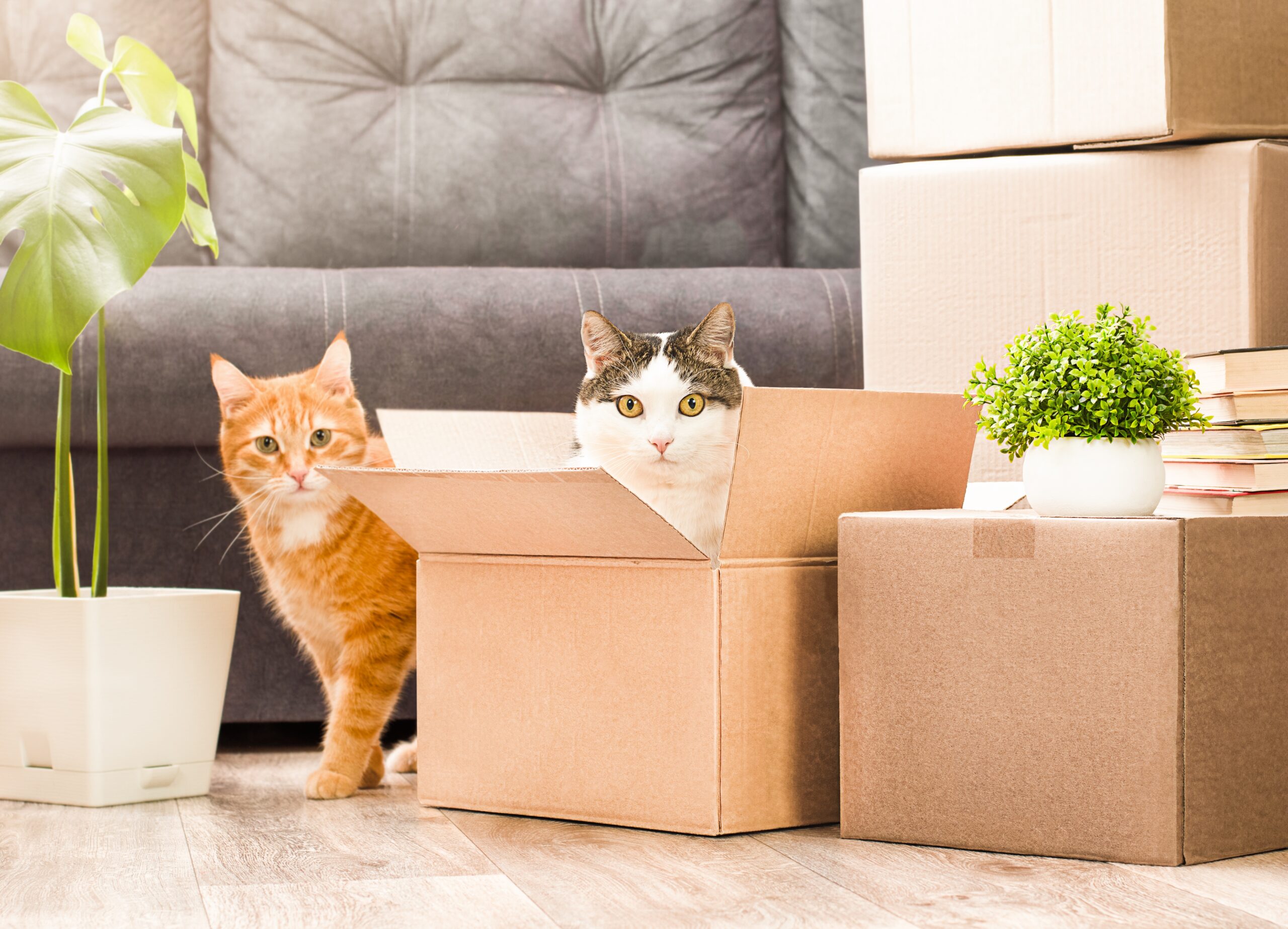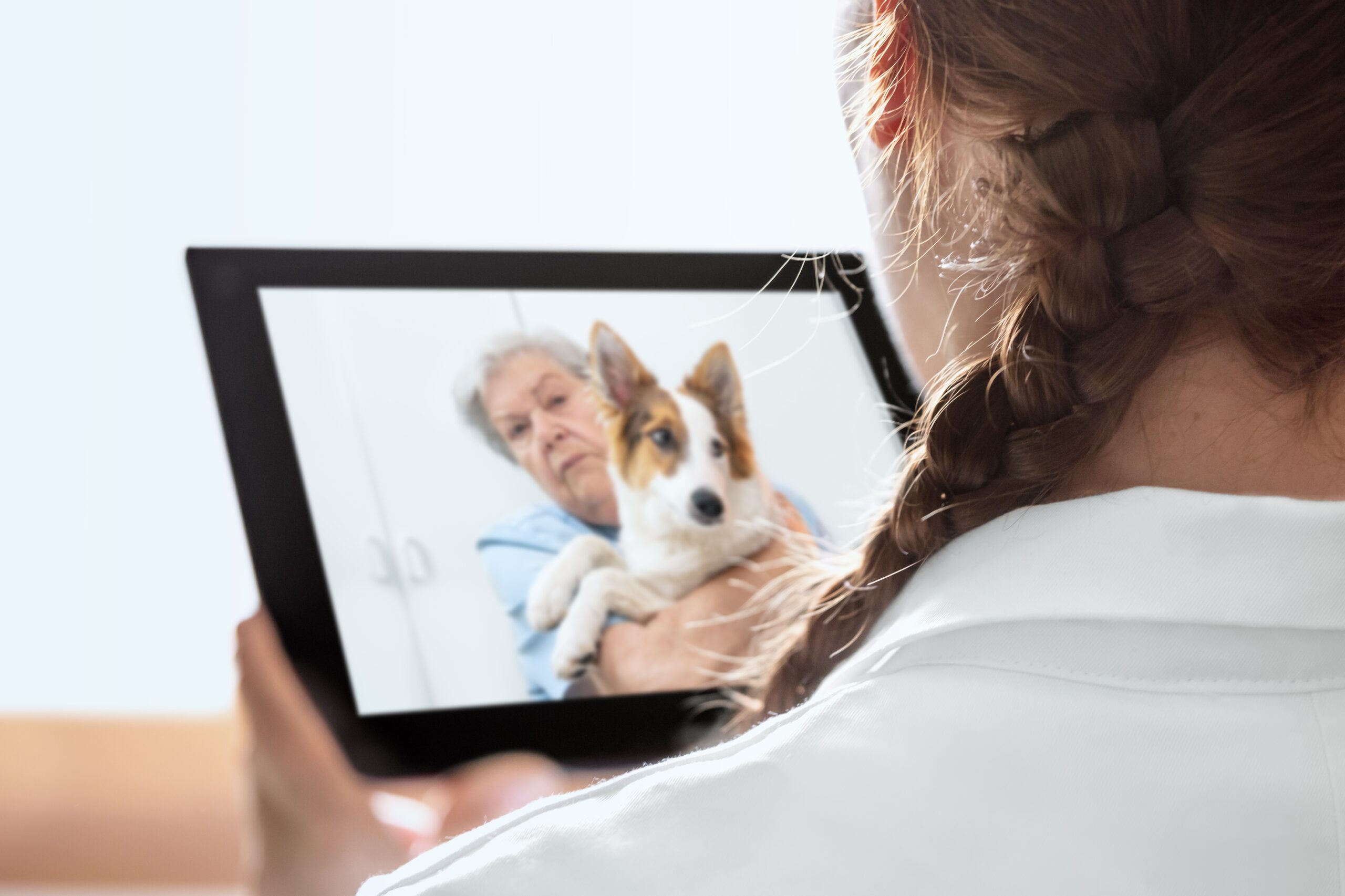Pet Dental Care at Home
Clean healthy teeth and a healthy mouth are a good start to looking after your pets overall health.
Just like our own teeth, our pet's teeth can develop a build-up of plaque. If left untreated this can become tartar - a hard substance made up of bad bacteria. This build up on the teeth will eventually cause gingivitis. You will know your pet has gingivitis if they have red, swollen gums. These can sometimes bleed and they may have a bad odour from their mouths. Most times this is diagnosed by a vet. If your pet has gingivitis this may mean bacteria can travel through their blood stream. In extreme cases this has been known to cause heart and kidney problems.
If you notice a build of tartar on your pet’s teeth or would like advice on looking after their mouth, then contact one of our Registered Veterinary Nurses.
The following are signs there may be a problem with your pet’s mouth:
- Smelly breath
- Red or swollen gums
- Bleeding gums
- Yellow crusty build up on the teeth
- Excessive drooling
- Dropping food from the side of the mouth
- Reduced appetite and weight loss
How to prevent dental disease
Prevention is always better than cure so, if possible, you should brush your pet’s teeth regularly. As a rule, dogs seem to tolerate this more readily than cats but once your pet is used to the process it is much easier than you think. Make sure you are using an animal friendly toothpaste as human toothpaste is toxic to dog and cats. It might be easier to start off with a finger brush and build up to a toothbrush as your pet becomes more used to it. Providing your pet with natural chews and toys that have been designed to improve dental health will help control plaque and tartar build up. Changing your pet’s diet to a dry kibble will also help in the fight against dental disease. Tinned meat and pouches of pet food contribute to plaque build-up so adding in dry food or changing over to a complete dry diet will help a great deal. Changing your pet’s food must be a gradual process so for further advice on this speak to a Registered Veterinary Nurse.
